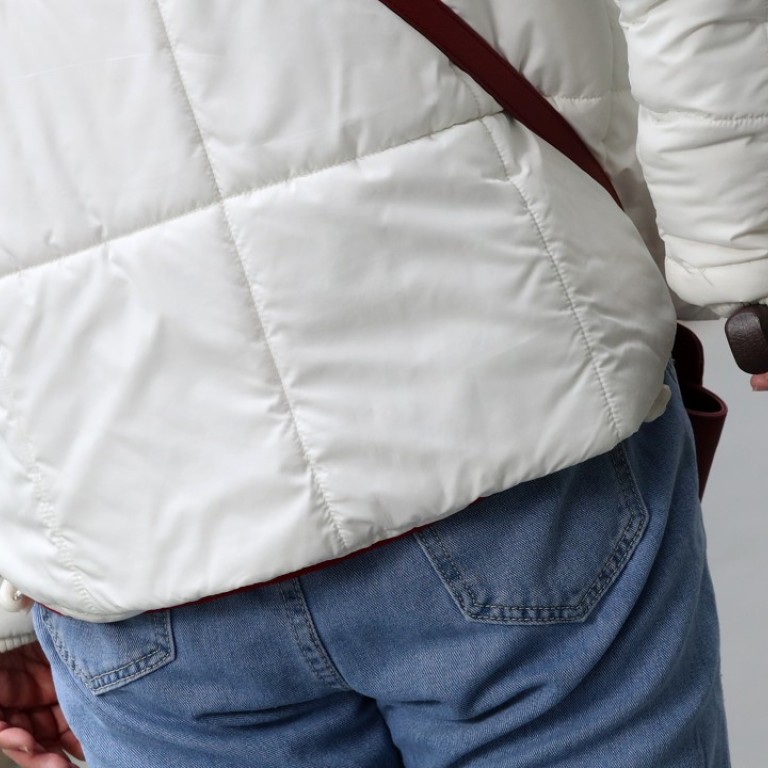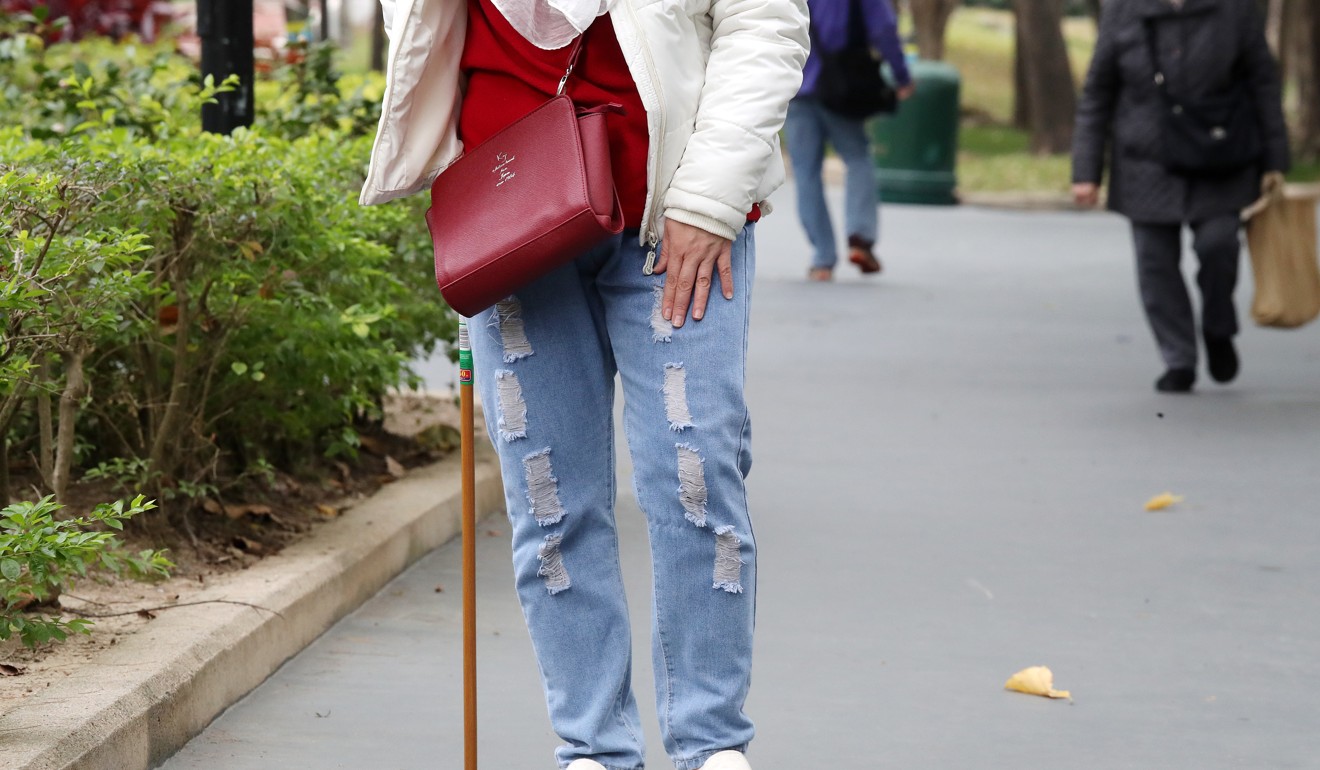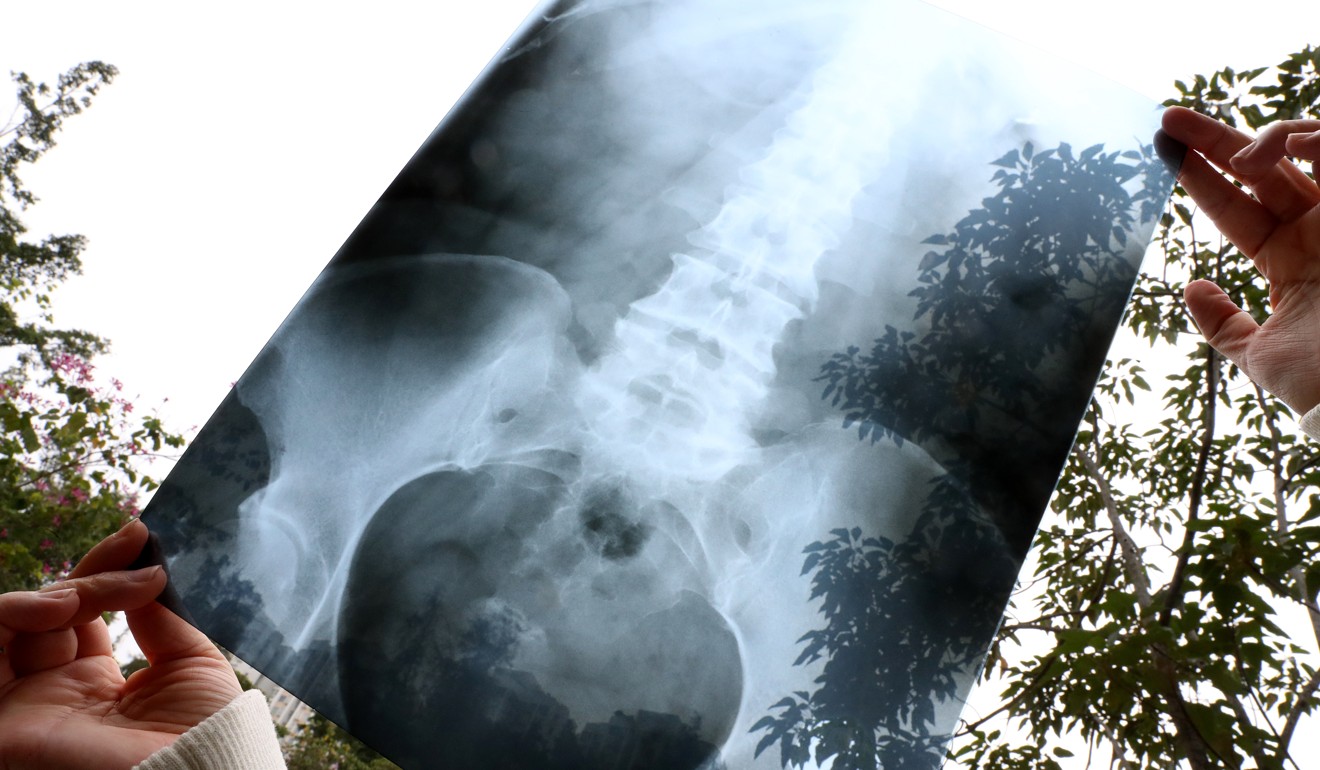
‘Sorry’ seems hardest word for Hong Kong’s private hospitals, say patients’ activists
Many medical disputes could potentially have been easily settled with an apology, a rights’ group says – and there would be no legal comebacks because of new law
Hong Kong’s private hospitals are often reluctant to say sorry to victims of potential medical blunders fearing it will lead to legal consequences, even if the gesture may make patients feel better and prevent potential lawsuits, according to a complainant and a patients’ group.

The new law came amid a rising trend of medical disputes – adding pressure to Hong Kong’s judicial system – while many hospital operators had yet to adopt new strategies to minimise public complaints.
Two worst Hong Kong public hospitals for emergency surgeries named
“If the hospital had just apologised to me, it wouldn’t have led to this,” said Akina Lai, a 45-year-old office worker who suffered from lower back pain when she had surgery in a private hospital.
She said the hospital would not admit it had hurt her back when moving her onto a bed before the operation, nor had it offered any words of comfort or follow-up treatment.
So she had filed a complaint to the Department of Health and the Nursing Council of Hong Kong, and was considering a civil lawsuit.
“I do not want to go through all this trouble, but I am really angry about the unapologetic attitude while I am in so much pain every day, so I must do something to make them sorry.”

Lai’s incident was just one of the many cases where medical disputes could potentially have been easily settled with an apology, said Tim Pang Hung-cheong, spokesman for the Patients’ Rights Association.
“Many patients did not want to take the legal approach as it was time consuming and costly. But they were discontented with the unapologetic or even cruel attitude of the medics,” he said.
“If there was a more open attitude about saying sorry, it could save everyone a lot of trouble.”
In this aspect, Pang said public hospitals seemed to have adapted faster than the private operators, whose attitudes were yet to change.
“In many recent cases, it seemed the public hospitals apologised for causing an inconvenience and offered their condolences to patients or their family before an investigation proved there was any mistake.”
Hong Kong government ‘likely to be primary user’ of proposed ‘sorry law’
Public hospitals saw an increasing trend of public complaints. The number of cases rose to a five-year high in 2015-16, at 2,807, and 108 claims went to court. A total of HK$3.33 million was paid out as compensation and another HK$500,000 spent on legal fees, according to the Hospital Authority.
Barrister Ronny Tong Ka-wah said the government should promote the new law more and introduce its implications to different sectors, so that it would serve its purpose of easing the pressure on the judicial system.
“Since the law is not very controversial, it has received very little media coverage and the public may not know about it,” Tong said. “It is the government’s responsibility to promote it.”
When introducing the bill to the Legislative Council, the Department of Justice explained its main objective was to encourage apologies in a timely manner to facilitate the amicable settlements of disputes by clarifying the legal consequences of making an apology.
Mannings apologises after elderly Hong Kong cleaner cleared of stealing vouchers
It said the law, in force since December 1 last year, was particularly relevant in disputes such as medical negligence.
But former medical sector lawmaker Leung Ka-lau, a private doctor, said hospitals might not be treating the law seriously because it was not logical, and it might even lead to more disputes.
“Why would someone apologise if he hadn’t made a mistake?” Leung said. “If the hospitals say sorry, it might make the patients even more angry as they had felt there were mishaps involved, and some would pursue all the actions possible.”
Leung said the new ordinance would not have much impact on the medical sector, and that “it was a bit naive to believe it would solve a lot of problems”.

